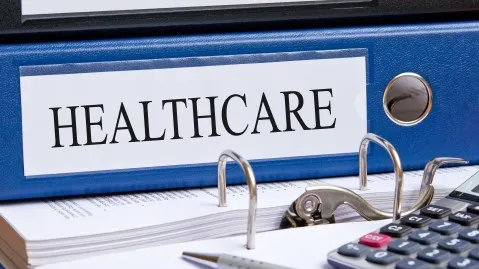
Half of APAC health groups to have data governance frameworks by 2026
The digital transformations of the health delivery systems are expected to speed up.
More than half or 55% of healthcare organizations in Asia Pacific are expected to have data governance frameworks in place by the end of 2026, prioritizing the ethical use of artificial intelligence (AI) for predictive, preventive, and personalized care, based on a report by International Data Corporation (IDC).
Calvin Lau, research director and head of the public sector in IDC Asia/Pacific, said the digital transformations of the healthcare delivery systems in the region are expected to speed up, but rising inflationary costs could hamper additional healthcare investments.
This compels healthcare providers to rethink and reallocate healthcare budgets more prudently, he said.
READ MORE: Asia maintains high telemedicine usage in 2022
“The (COVID-19) pandemic has also exposed the inability of some public health frameworks to provide care adequately to certain sections of society. The pandemic-induced drive to greater healthcare equity, making healthcare more accessible to more people, will be the future healthcare trend in Asia Pacific”, said Lau.
In the process of aligning with the care needs, healthcare organizations are expected to prioritize more on establishing ‘care anywhere’ programs, leveraging clinical data, exploring seamless connectivity, and automating care processes, along with strong anchoring on trust, compliance and explainability, the report said.
The healthcare delivery system in the Asia Pacific is making the transition towards patient-centricity strongly facilitated by the evolution of the digital front door, healthtech ecosystem, and enhanced focus on data, redefining care further into care anywhere, predictive care, and personalized care, said Manoj Vallikkat, senior research manager of healthcare insights in IDC Asia/Pacific.
“Whilst there is focus on the use cases that leverage on emerging technologies, moving forward, the industry will witness increased involvement of LOB (Line of Business) heads along with IT leaders, as part of the ecosystem, in evolving patient-centric care models”, said Vallikkat.


















 Advertise
Advertise


